7 Reasons Why You Should Learn Wilderness First Aid (+ How to Find a WFA or WFR Course)
Do you know what you would do if you were in the backcountry and someone suffered a serious injury or had a medical emergency? While we always try to be as prepared as possible when going backpacking, some things are out of our control.
So another aspect of being prepared is learning wilderness first aid. Taking a wilderness medicine course is a really useful thing to do for anyone who adventures in the backcountry.
WHAT IS WILDERNESS FIRST AID
Wilderness first aid is the skill set required to treat a patient in the backcountry away from definitive care.
Sometimes, wilderness first aid involves treating a minor injury and sometimes it is stabilizing a more serious patient until they can be transported to a hospital for further treatment.
THE DIFFERENCE BETWEEN WFA AND WFR
The two main types of wilderness medicine classes are Wilderness First Aid (WFA) and Wilderness First Responder (WFR). Here is what each entails:
WILDERNESS FIRST AID (WFA)
Wilderness First Aid (WFA) is a two-day course that teaches you the basics of first aid in the backcountry.
A Wilderness First Aid class is ideal for casual backcountry adventurers taking their own short trips with friends and family.
WILDERNESS FIRST RESPONDER (WFR)
Wilderness First Responder (WFR) is a longer course – at least 5 days in-person for a hybrid online course or 10 days in person – that teaches you much more in-depth medical skills in the backcountry.
A Wilderness First Responder Course is for people taking longer trips in the backcountry, especially those who work professionally as guides.
WHY YOU SHOULD TAKE A WILDERNESS MEDICINE COURSE
A wilderness medicine course is valuable for many reasons. Here are some of the many benefits of learning wilderness first aid:
1. FEEL MORE CONFIDENT IN THE BACKCOUNTRY
Wilderness first aid is one of the many skill sets that will help you feel more confident when you head out into the backcountry. In our Backpacking Badass program, we cover all the other skill sets you need to go backpacking solo or lead a backpacking trip – like navigation, trip planning, gear selection, and more – but wilderness medicine is another key skill set to have if something goes wrong.
GRAB MY [FREE] OUTDOOR BACKPACKER STARTER KIT
I created the Ultimate Outdoor Backpacker Starter Kit for you (and it's FREE)! This starter kit is filled with 14 pages of my best hiking and backpacking tips to help you learn what it takes to become a safe, confident, and self-sufficient outdoor backpacker!
2. PREVENT ISSUES BEFORE THEY ARISE
Part of wilderness first aid is learning what leads to medical issues in the outdoors, and this is super beneficial in preventing problems before they start.
For instance, if you know what can lead to heat illness, you can take steps to prevent it – and recognize it in its early stages.
3. LEARN CPR
Most Wilderness First Aid courses and all Wilderness First Responder courses include CPR certification. You will learn how to give chest compressions and rescue breaths to keep blood and oxygen circulating in a patient’s body. You will most likely be taught how to use an AED to shock a person’s heart back into rhythm when necessary.
Knowing CPR is not only useful in the backcountry, but could help save a life at any time.
4. KNOW HOW TO STOP THE BLEED
Another crucial skill you’ll learn in a wilderness medicine course is how to stop life-threatening bleeding. From putting pressure on a wound to how to use a tourniquet properly, this is another skill that could be helpful in saving a life at any time.
5. AVOID NEEDING A RESCUE
In a wilderness medicine course, you will learn how to handle minor injuries so you can either continue your adventure or evacuate yourself or the patient without having to call search and rescue.
Skills you might learn include taping a sprained ankle, slinging an arm, or even splinting a leg with trekking poles. You’ll probably also learn several different ways to carry a patient who can’t walk on their own.
Being able to self-evacuate when possible is the best solution to a backcountry incident. But it’s always a good idea to carry a satellite communicator like the Garmin inReach Mini or the Zoleo in case you do need to hit SOS and call SAR.
DOWNLOAD OUR BACKPACKING PACKING CHECKLIST
Never leave any crucial items behind when you head out on a backpacking trip! I’ve compiled all the essentials here for you so that you’ll never forget anything vital. PLUS, as a bonus, I’ve included a list of 20+ of my favorite backpacking food snacks and meals inside of this list for inspiration.
6. STAY CALM IN AN EMERGENCY
Beyond learning the actual first aid skills, another thing a wilderness medicine course teaches you is how to stay calm in an emergency situation.
Your wilderness medicine class – especially a wilderness first responder course – will include scenarios which are designed to mimic real emergencies. As you go through these and start to feel confident in your skills, you will also be practicing how to stay calm and manage an actual emergency situation.
7. HELP OTHERS – AND MAYBE EVEN SAVE A LIFE
Of course, the most important reason to take a wilderness medicine course is that it gives you the skills to help others – or yourself – in a bad situation outdoors. You will learn practical information to help you treat minor and major injuries and medical emergencies.
And that means you could potentially save a life.
HOW TO CHOOSE A WFA OR WFR COURSE
Many organizations offer wilderness first aid and wilderness first responder courses. You can look for one in your area, but just make sure it’s with a respected organization. Here are some options:
NATIONAL OUTDOOR LEADERSHIP SCHOOL (NOLS)
NOLS is a national organization that offers wilderness medicine courses all over the country. With an extensive schedule of WFA and WFR courses, you will most likely be able to find a NOLS course near you.
SOLO
If you’re on the east coast, SOLO is a good option for wilderness medical training. They offer both wilderness first aid and wilderness first responder courses at their campus in New Hampshire.
DESERT MOUNTAIN MEDICINE (DMM)
Desert Mountain Medicine is a smaller, women-owned organization that offers excellent wilderness medicine courses, mostly in the mountain west including Colorado and Utah.
DMM also offers women-only wilderness first aid and wilderness first responder courses through their Women’s Wild Med program. Our content manager Kate got her WFR certification (& re-certification) through Desert Mountain Medicine & highly recommends them!
Students in our Backpacking Badass program receive a discount on DMM’s Women’s Wild Med courses. Find out more about the Become an Outdoor Backpacking Badass program – and join the waitlist – here.
Hope this helps encourage you to learn wilderness medicine and increase your confidence & skills in the backcountry! If you have any questions about wilderness first aid, feel free to ask in the comments below.
LOOKING FOR EVEN MORE OUTDOOR SAFETY TIPS?
Check out these other posts to help you along your adventure journey:
Cheers,
Allison - She Dreams of Alpine
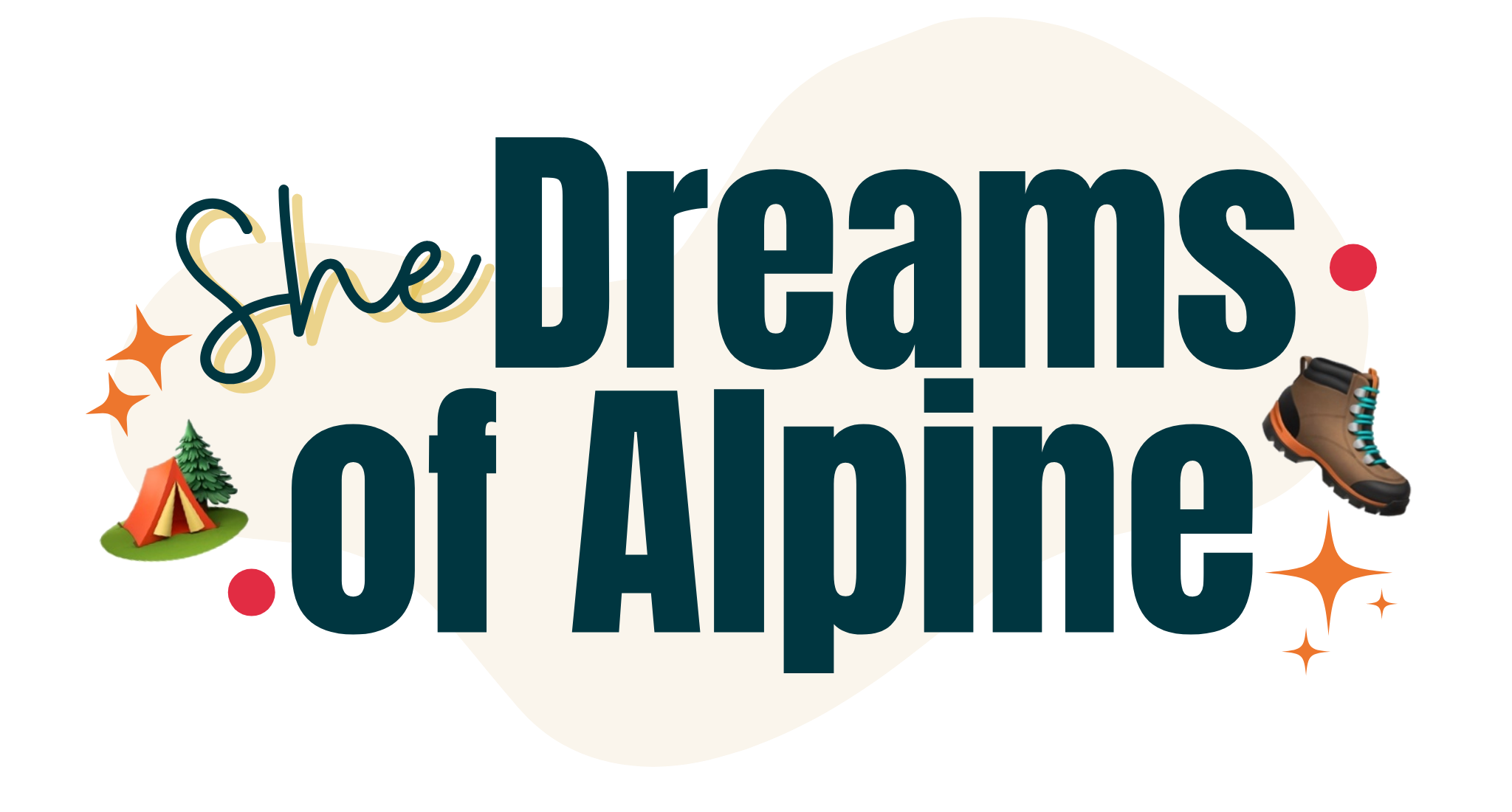



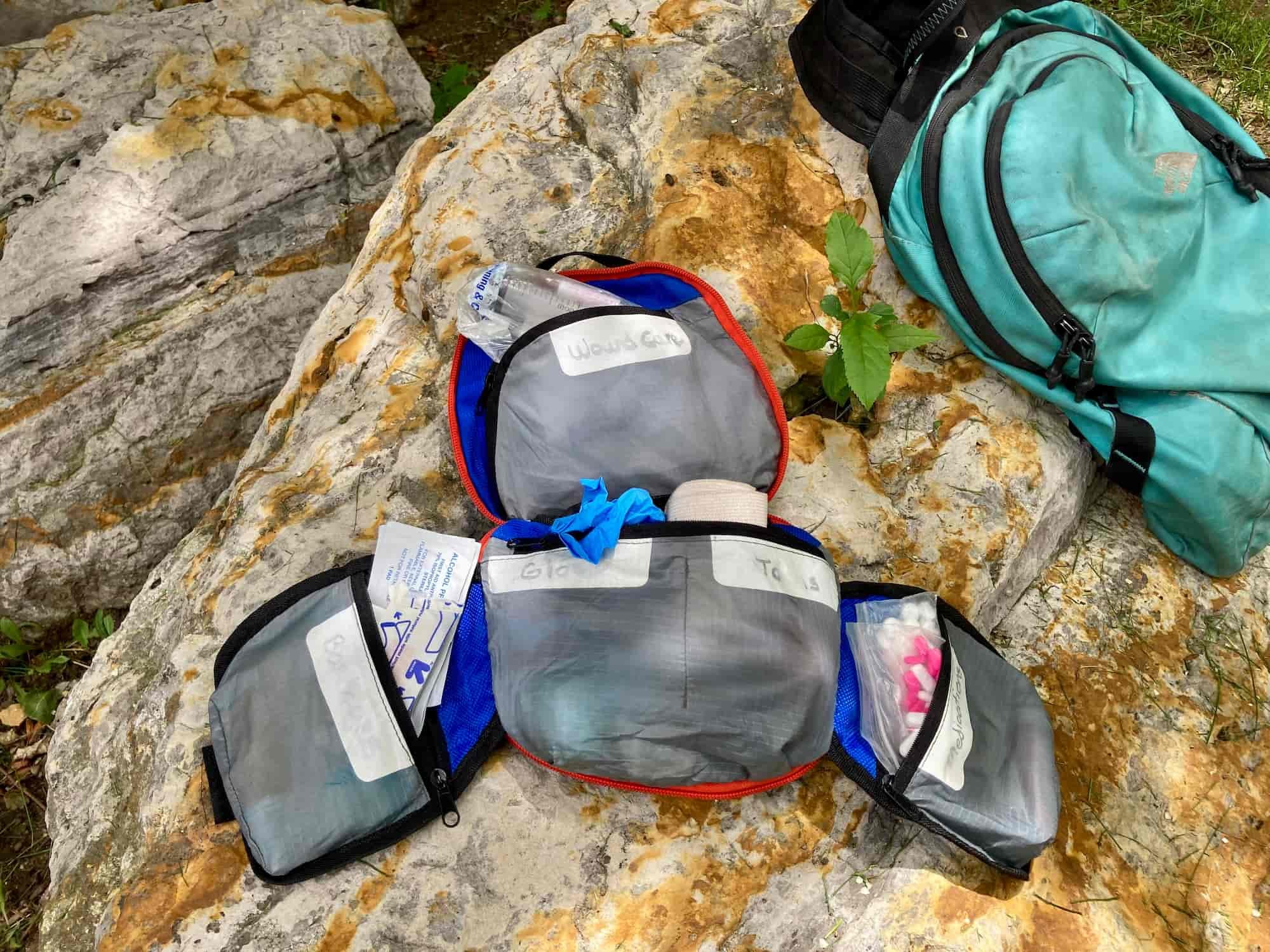
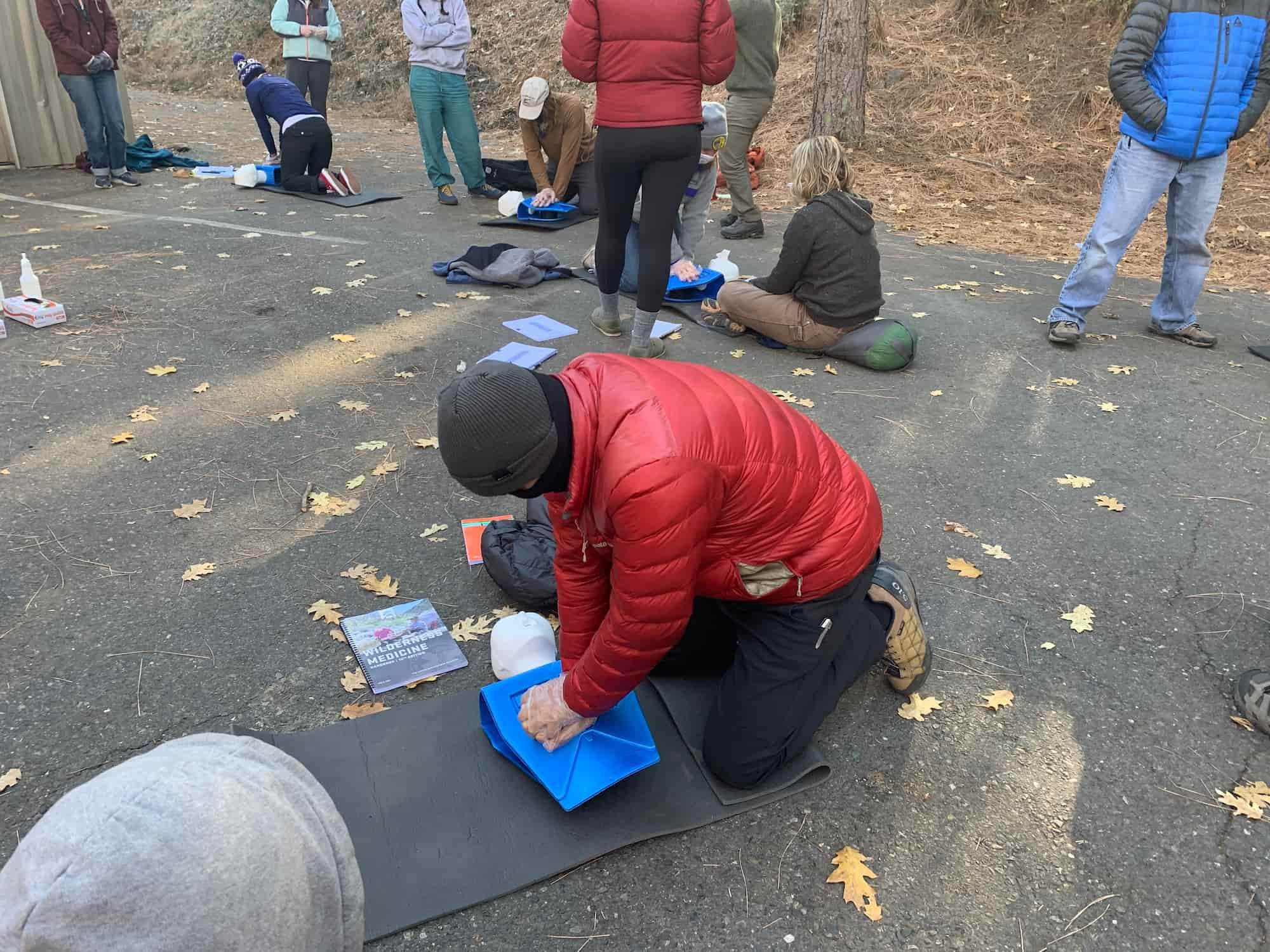


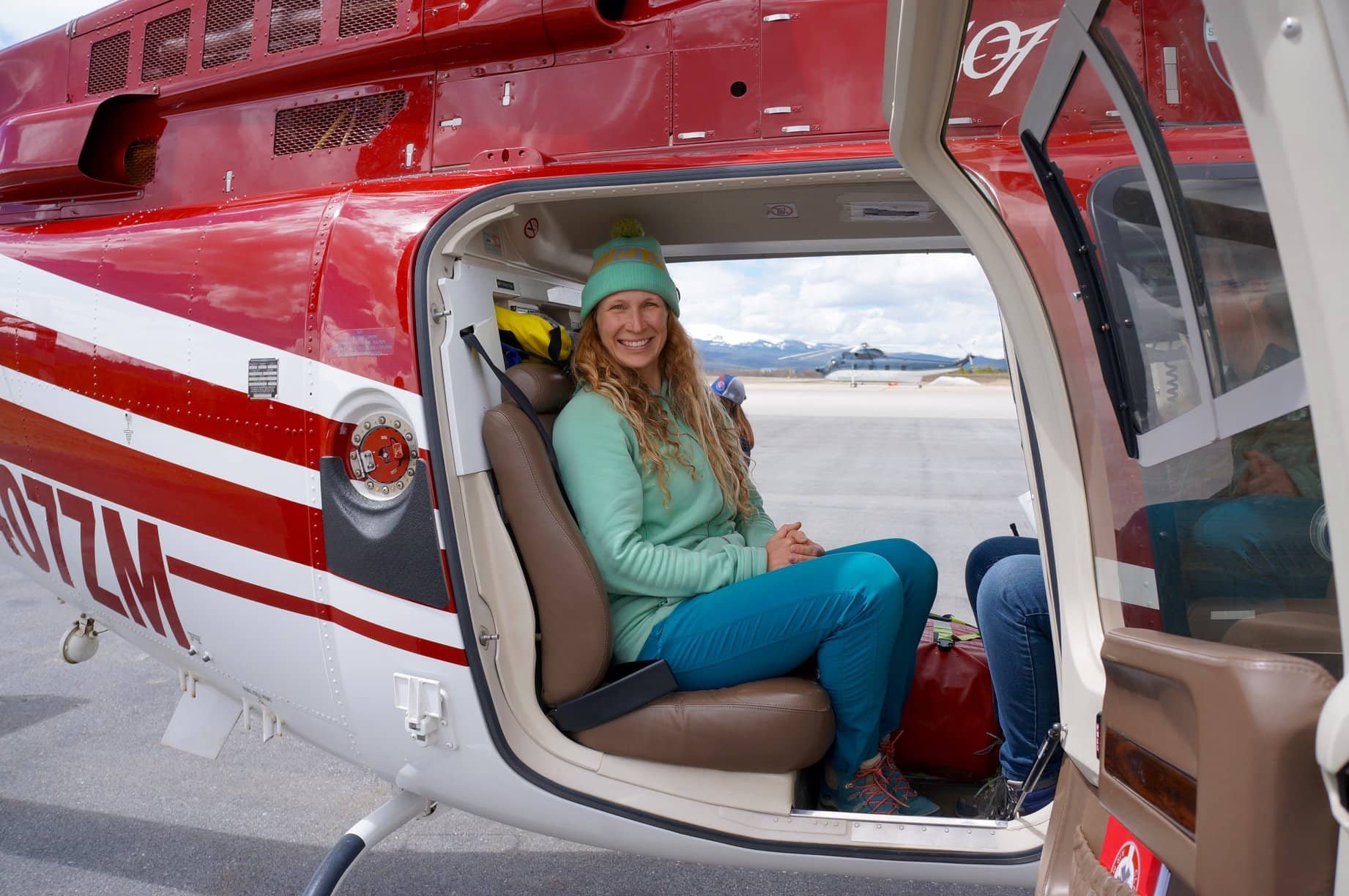
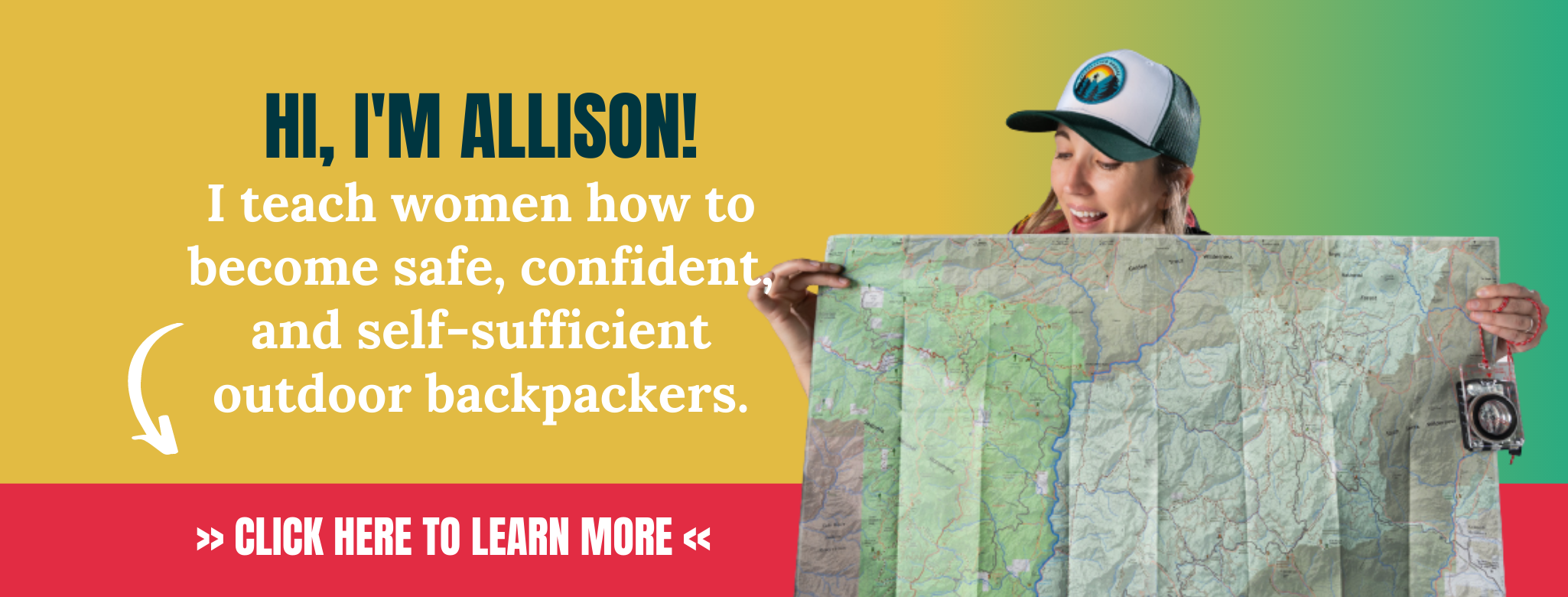

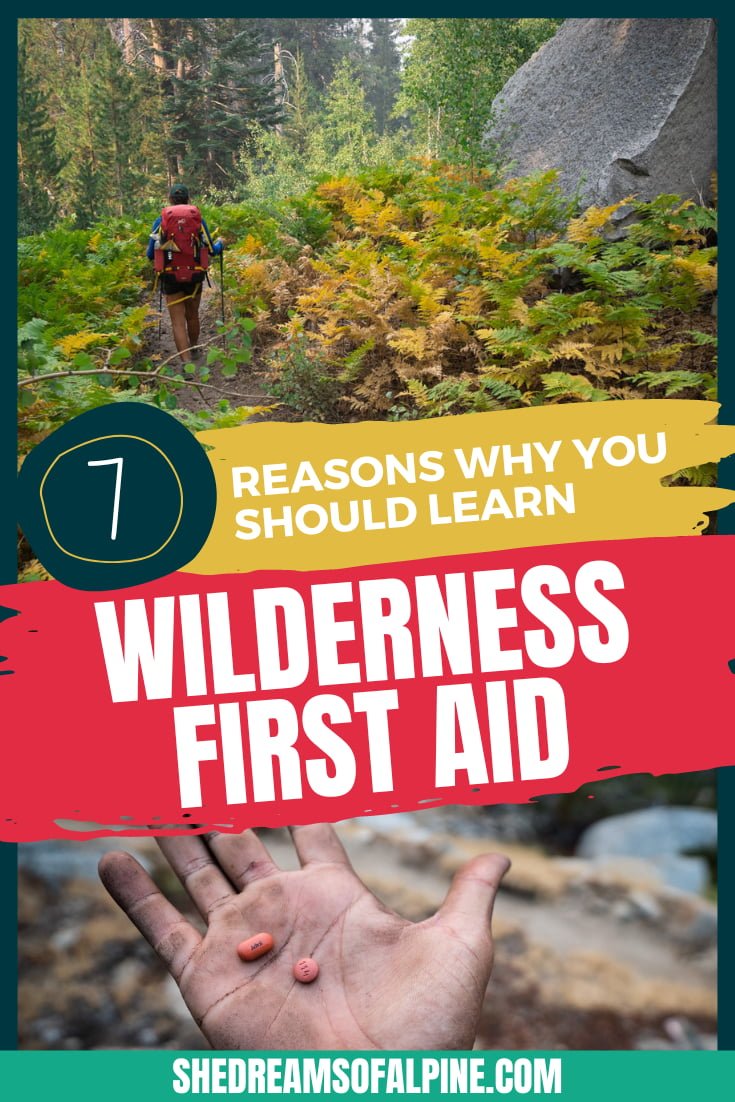
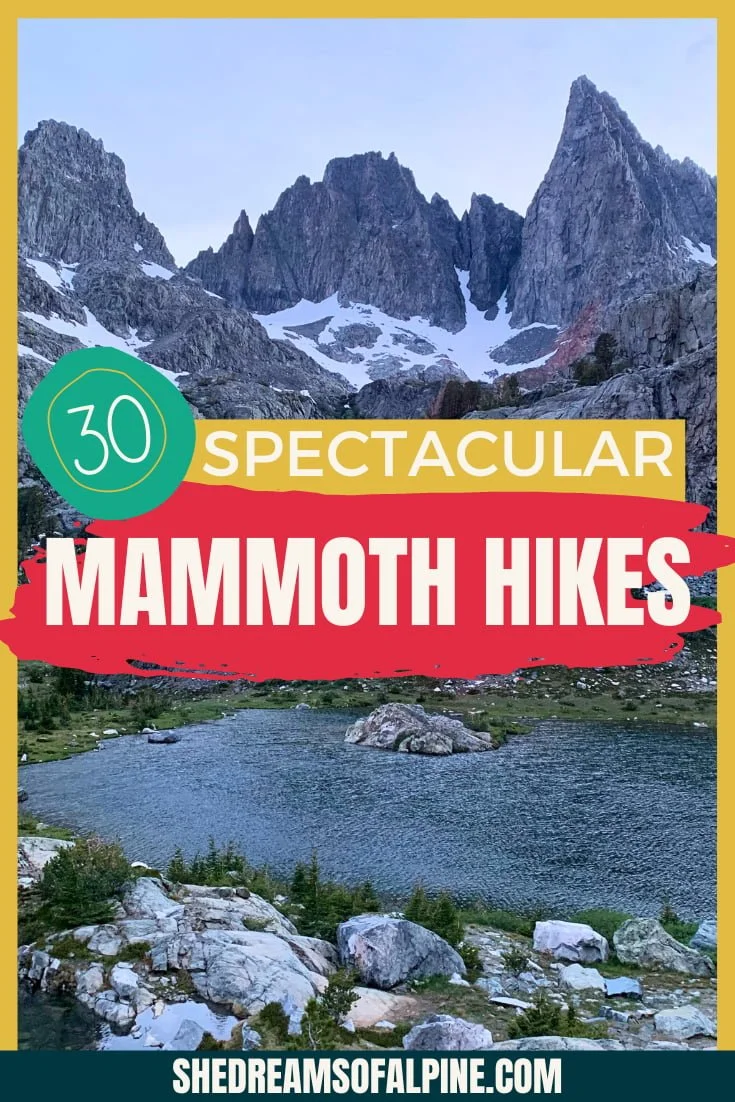
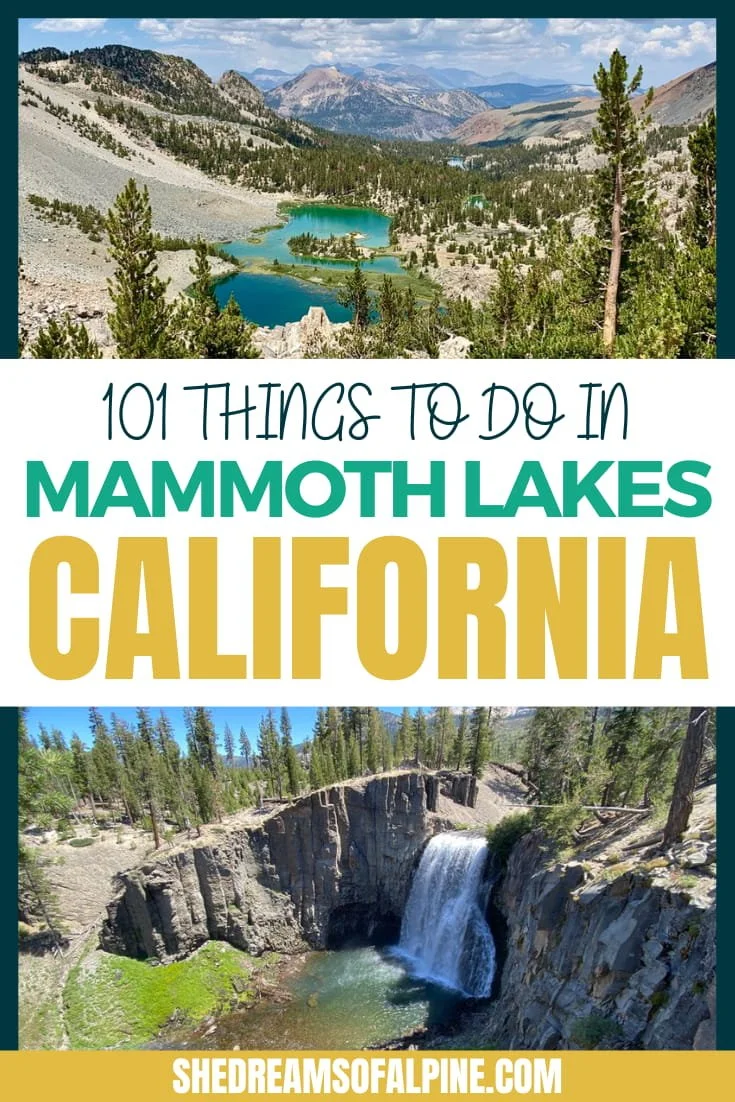



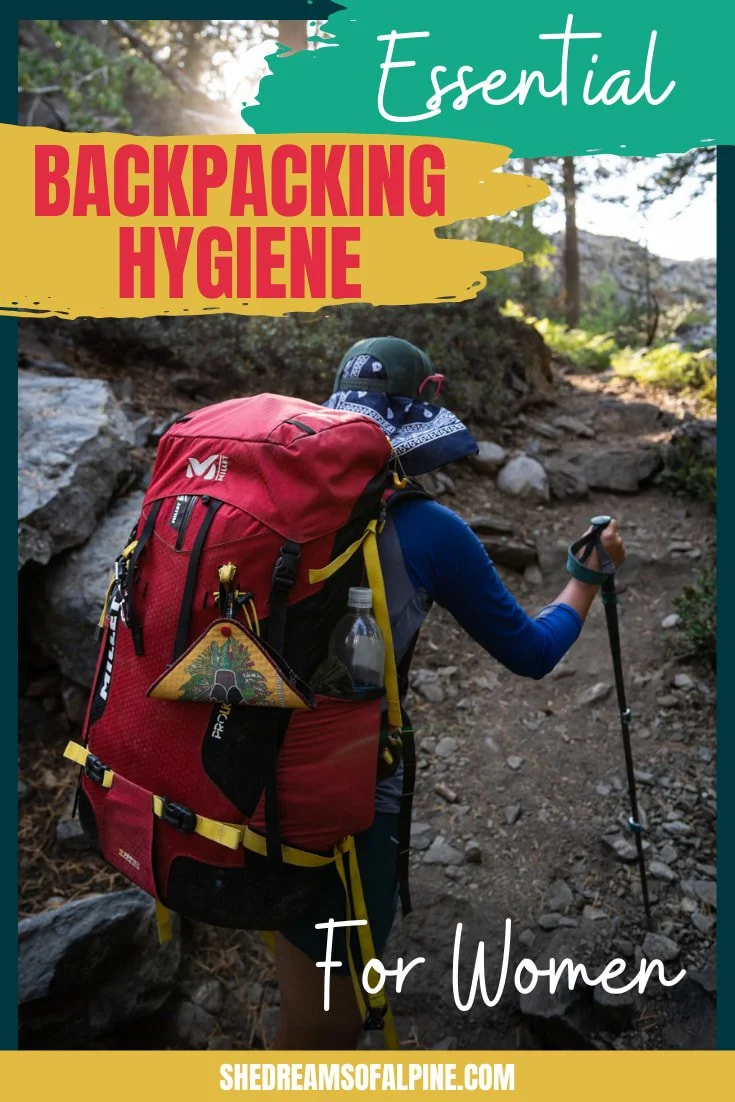

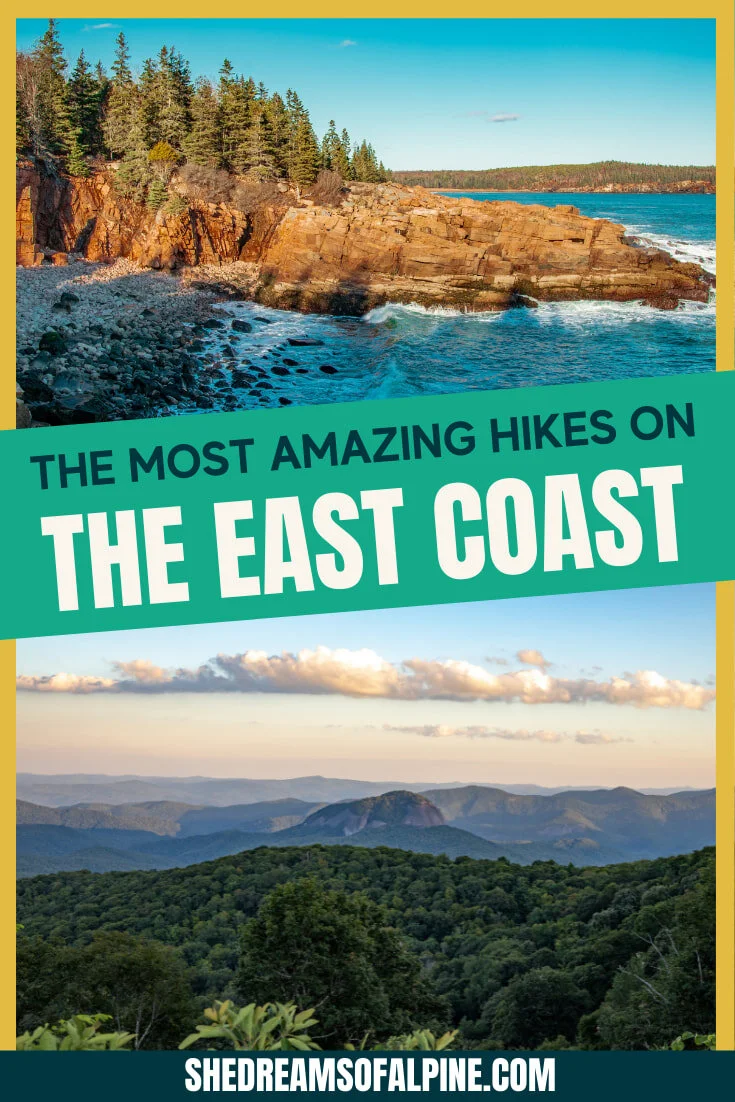
27 of the Absolute Best Hikes in Yosemite National Park to Put on Your Hiking Bucket List | Yosemite National Park is one of the most beautiful national parks in the entire United States, and one of the best ways to explore the park is via one the many amazing hiking trails. In this post, I’ve detailed 27 of Yosemite’s top hiking trails, ranging from difficult to easy, that give you epic views of Yosemite’s grand backcountry and some of Yosemite’s most famous landmarks. You’ll only fall more in love with Yosemite after going on one of these hikes! | shedreamsofalpine.com